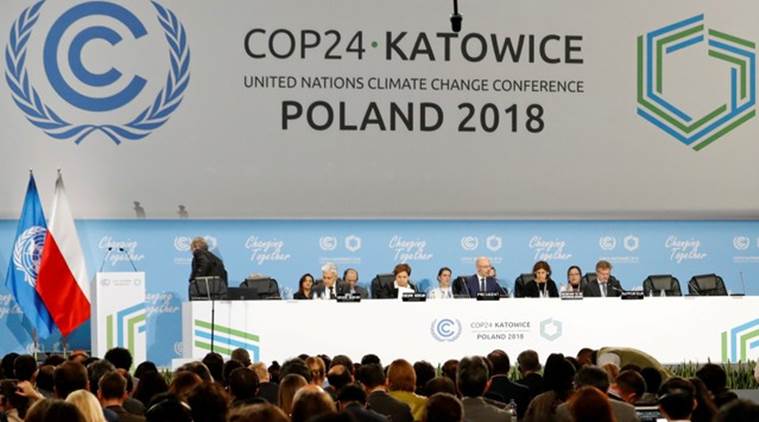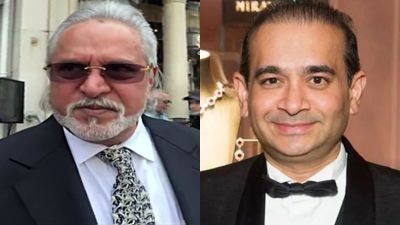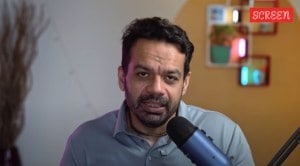Stay updated with the latest - Click here to follow us on Instagram
At climate talks, Indian line ignores its own official’s objection to equal norms
In his intervention, India’s lead negotiator, Ravi Shankar Prasad, who is a joint secretary in the Environment Ministry, said that the objection to the provisions was on the grounds that it did not reflect the principle of equity.
 COP24 President Michal Kurtyka speaks during a final session of the COP24 U.N. Climate Change Conference 2018 in Katowice, Poland. (Reuters)
COP24 President Michal Kurtyka speaks during a final session of the COP24 U.N. Climate Change Conference 2018 in Katowice, Poland. (Reuters)
In what appears to be a case of oversight, a statement released by the Union Environment Ministry on the completion of the climate change conference in Poland late Sunday directly contradicted a position that its own official had articulated in the final plenary just a few hours before.
In the final minutes of the Katowice conference early Sunday morning, India’s lead negotiator at the climate talks expressed “strong reservations” over provisions in the rulebook to the Paris Agreement of 2016 relating to a stock-taking exercise for 2023.
The exercise, called a global stock-take, is meant to assess whether the combined climate actions of all countries was adequate to realise the long-term goal of keeping global average temperatures below 2 degree Celsius of pre-industrial times, or whether it needed to be scaled up. The rulebook, which was finalised in Katowice, specifies the manner in which the stock-take would be carried out.
In his intervention, India’s lead negotiator, Ravi Shankar Prasad, who is a joint secretary in the Environment Ministry, said that the objection to the provisions was on the grounds that it did not reflect the principle of equity. He said India did not want to block the adoption of the rulebook on this point but would like to put its reservation on record.
However, an official statement issued by the Environment Ministry after the adoption of the rulebook said: “The modalities for global stock-take take into consideration the core principles of equity and includes assessment of collective progress on all the pillars of climate action.”
There was no mention of the objection raised by India, which Prasad had said would be sent to the UN climate body in a written submission as well. Instead, the Environment Ministry seemed to endorse the rulebook entirely and gave the impression that it took care of all of India’s concerns.
“India considers the outcome of COP24 (Katowice conference) a positive one which addresses concerns of all parties, and sets us on the path towards successful implementation of the Paris Agreement,” it said.
Earlier, after the agreement was adopted, Prasad had spelt out the objection in detail.
“Equity is specifically mentioned in Article 14 of the Paris Agreement. It is the basic principle of the Convention (UN Framework Convention on Climate Change) and the Paris Agreement along with (the principle of) common but differentiated responsibility and respective capabilities in light of national circumstances. The entire global stock-take exercise will be lopsided if the process, input, the technical assessment and output of the global stock-take does not fully address equity,” he said.
Prasad, as leader of the Indian delegation, also spoke on behalf of the BASIC group of countries comprising of Brazil, China and South Africa apart from India, and brought up the issue of “common but differentiated responsibility and respective capabilities”.
On behalf of the four countries, he had also backed a statement by the G-77 plus China negotiating group, which lamented the lack of “balance” in the Katowice agreement. The statement by the group, of which India is a member, had also raised the issue of “common but differentiated responsibility” and said that it feared the regime that was being created ignored this important principle.







